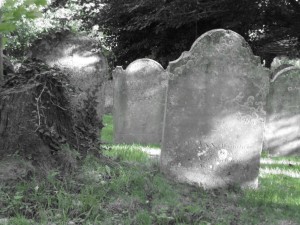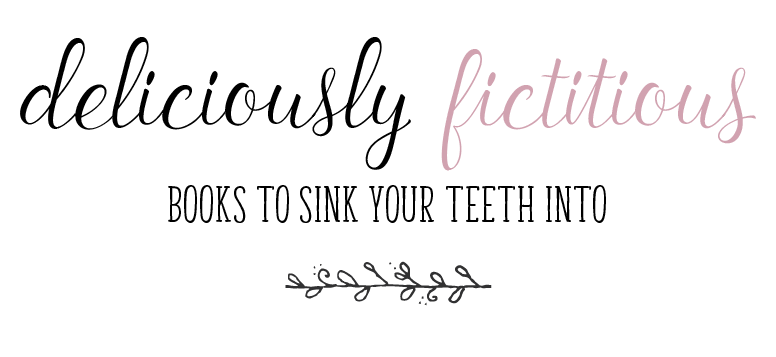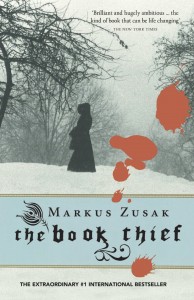Author: Markus Zusak
Publisher: Pan Macmillan
Format: Paperback
RRP: AUD $19.95
My rating 




What it’s about…
January 1939. The world hovers on the brink of the Second World War. Germany crouches for the pounce. Death flexes his knuckles for the slog ahead.
In a train on her way to the village of Molching, 9-year-old Liesel Meminger watches her little brother die. Later, shivering beside his little grave, she spies a book nestled beneath the snow. The Gravedigger’s Handbook.
She cannot read. She takes it.
Only Death sees her do it. Looking back, he remembers the whiteness of the snow, and recalls:
“The book thief had struck for the first time – the beginning of an illustrious career.”

Abandoned by a dead brother and a missing mother, Liesel is taken in by Hans and Rosa Hubermann. In their little house on Himmel Street, she staves off nightmares with words. And finds an uneasy happiness.
But when Hans is called on to remember a promise to a Jewish accordian player, their lives are turned upside down.
And the book thief will learn that words can be nothing, and they can be everything.
What we think…
I know what it looks like. 4.5 stars? Surely my standards are too low? I ought to be more critical.
To be honest, I found it hard refraining from adding that last half-star. The Book Thief is a suberb read. Utterly spell-binding.
It is poetry in prose.
Zusak has gone to a lot of trouble with this book. It is so carefully constructed that any more finessing of the language and it would have been completely over the top.
Any less, and it would have been an admirable but mediocre attempt at something different.
There are still some, I daresay, who would argue the language is overdone. That the story takes a while to get going. That they had lost interest by the time it started to rev up.
I found the setup only kindled my interest and brought me closer to the characters. The sense of foreboding is promoted and encouraged from the beginning. Zusak cleverly increases the suspense by telling you outright exactly what is going to happen.
And then he plays – with the language, with the characters and with the style.
Through his atypical choice of narrator – Death – Zusak has found the perfect host for experimentation.

Death doesn’t see things like you or I do. Death sees the world in colours, Death notices details we never could. Death is a stranger to cliches. Death speaks his own language.
Liesel’s foster father Hans Hubermann doesn’t just play the accordian. His “right hand strolls the tooth-coloured keys.” And Liesel would never do something so mundane as struggle for words. Instead “the words fidget in her mouth”.
And all the while, Death sprinkles the pages with quaint interjections to the reader, like this one:
“A DEFINITION NOT FOUND IN THE DICTIONARY:
Not-leaving: An act of trust and love, often deciphered by children.”
Let’s face it. The story of Nazi Germany during World War II, tragic and potent as it is, is not new. But Zusak has used words to make it new.
Words are not just the conduit for his story. They are the story. They are characters and they are plot. For what was Hitler’s power over his people, if not the power of words?
If you are not a word-lover, perhaps you won’t enjoy this book. But if, like me, you delight in language, this book is a pleasure to begin and a tragedy to end.
– DF


Pingback: bestbooksfor2011
Pingback: Deliciously Fictitious - for voracious consumers of literature